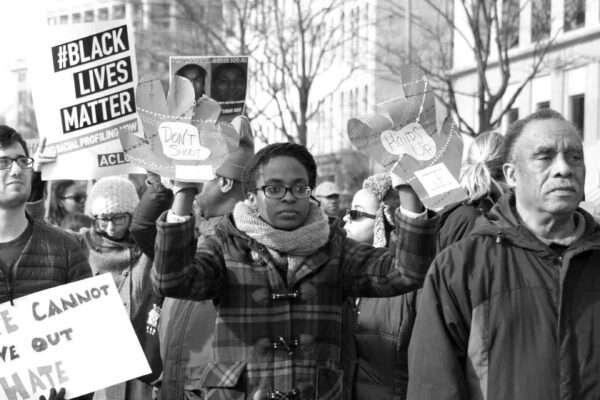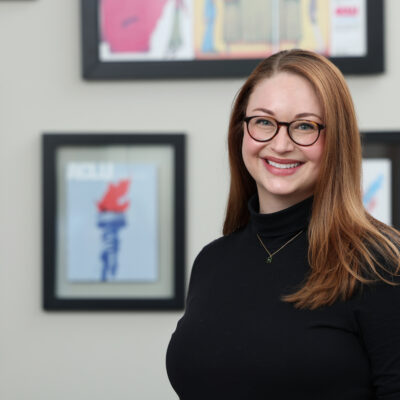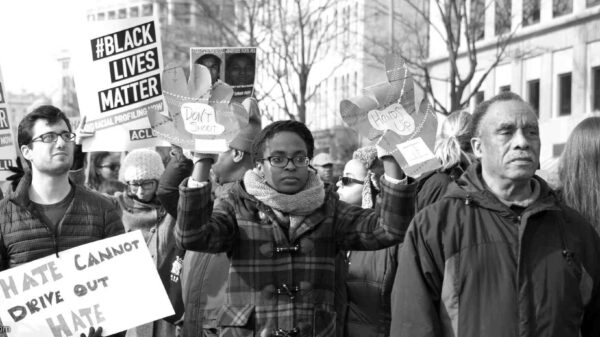Over the past several weeks, the grief, anger, and cries for justice for George Floyd, Tony McDade, Breonna Taylor, Rayshard Brooks, and all of the Black people who have been killed by racist police brutality have moved tens of thousands of people across the country to protest.
These powerful protests highlight the outrage over the enduring and deep-rooted problem of racist policing and structural racism in the United States.
But for people of color, none of this is new. And Wyoming is not immune to the problem.
That’s why the ACLU of Wyoming is happy to see Cheyenne city councilors Scott Roybal and Ken Esquibel hosting a listening session this weekend to hear about people’s experiences with the Cheyenne’s police department. They’re especially interested to hear from people of color. No one from the police department will be present.
This listening session, they say, is just the first step in potential police reform. Communicating with directly impacted individuals is important, and we applaud Roybal and Esquibel for their work in reaching out and starting this conversation.
The Cheyenne Police Protective Association, however, isn’t happy about being left out of discussion. It’s disheartening, they said in an open letter, “to see two council members appear to have little faith in the Cheyenne Police Department and the officers who serve our community every day.”
But councilors Roybal and Esquibel serve our community every day, too. Because of that, they understand that people of color might be afraid to speak out about their experiences if police were present.
That’s because the harsh reality is that policing in communities of color looks very different than it does in wealthy, white communities where police are often only present when responding to specific serious disruptions, rather than just constantly intruding on people’s everyday lives.
The underlying problem with policing isn't just the lack of oversight policies, more training, and better procedures. While radically changing these areas remains essential for harm reduction, the problem itself is more insidious.
Built upon Jim Crow-era racist constructs, police in the United States – funded by astronomical sums of taxpayer dollars – have been empowered to act as an occupying force in low-income communities and communities of color across the country. Many white people seemed shocked by this gaping divide between law enforcement and the Black communities they are supposed to serve. But that’s why police reform discussion is so important.
We need to fundamentally change the role of police in our society. Doing so will foster improved safety and health outcomes and present opportunities in Black communities, where decades of underinvestment in everything except police has helped fuel a mass incarceration crisis.



